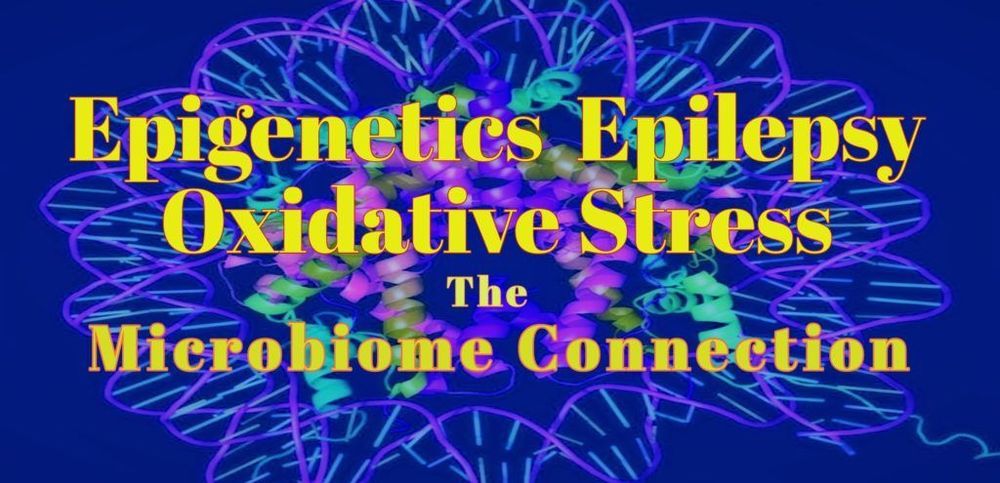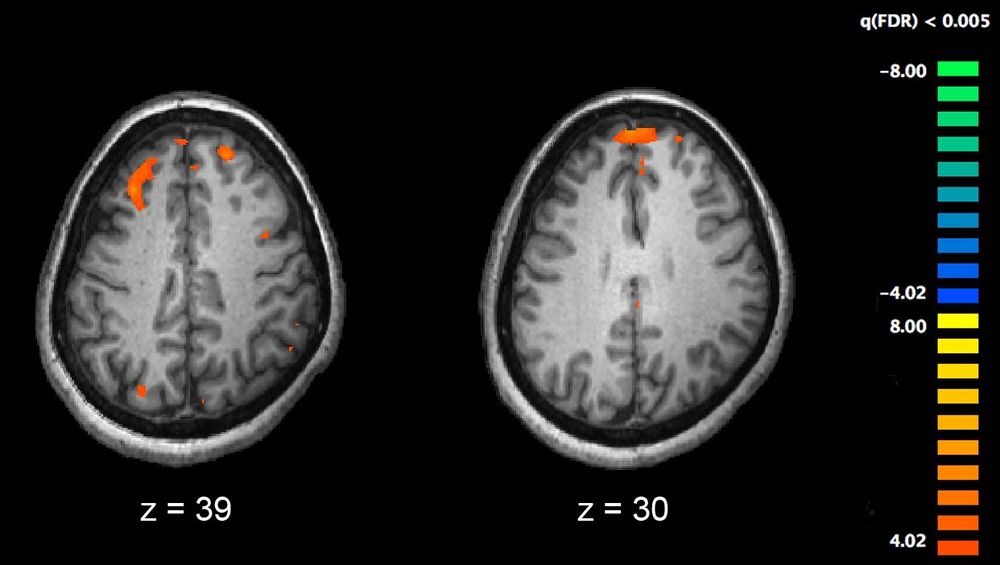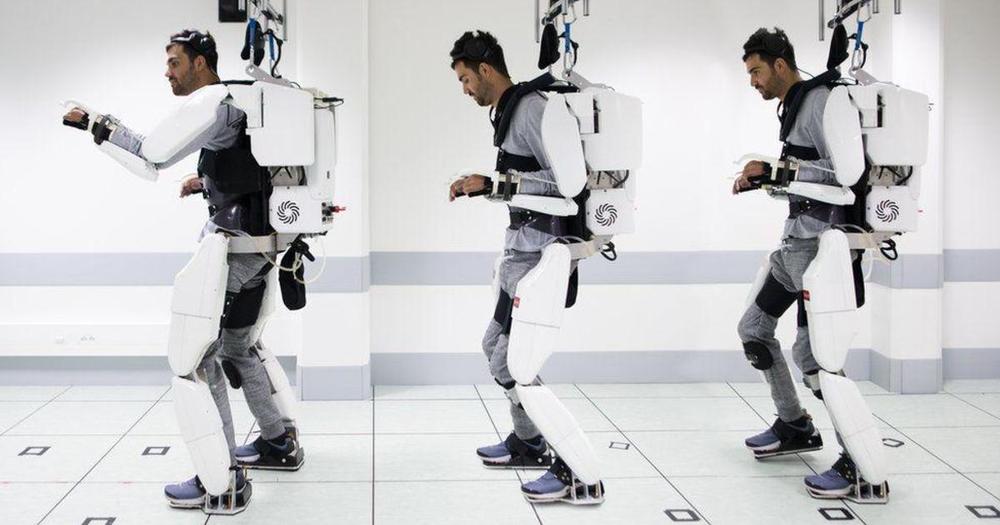Gut microbiome affect metabolic and neural diseases through alterations in epigenetic expressions by DNA methylation and miRNA modulations.



Bank employs AI-powered “digital DNA human”
Arab Banking Corporation (Bank ABC), in collaboration with New Zealand tech company, Soul Machines, has announced the launch of “Fatema” – a fully autonomous AI personality that will assist customers online.
This “digital employee” can accumulate experiences, learn, and respond to people individually, therefore adding human-like qualities to the AI. Fatema will work alongside Bank ABC’s mobile-only digital bank (to be launched by end of this year) to offer a multi-faceted, personalised customer experience.
Researchers are working to get to the bottom of longevity, unlocking the secrets to extending our lifespans well into our 100s… and beyond.
» Subscribe to Seeker! http://bit.ly/subscribeseeker
» Watch more How Close Are We | http://bit.ly/HCAWplaylist
» Follow Olivia on Instagram: instagram.com/OliviaPavcoG
Harvard Professor David Sinclair thinks longevity, or extending our lifespan, is the “greatest unsolved problem in biology.”
The global life expectancy is currently hovering somewhere around 72 years old and women typically live longer than men and the age tends to be higher in developed countries and lower in impoverished nations.
Some experts argue that the tools we currently have when it comes to extending our lifespans are as simple as diet and exercise, but a healthy diet is only going to get you so far. So scientists are seeking out clues in the natural world that could help us side step growing old, some scientists even think that many of the ailments we refer to as diseases could be thought of as the symptoms of aging.
So, in addition to improving our nutrition, sleep, social life, access to health care, and so on, what else can we do to increase our chances of immortality?
Find out more on this episode of How Close Are We?

Schizophrenia is a severe mental health condition that causes significant disability, and affects 1 in 100 people. Patients with schizophrenia commonly experience negative symptoms, which include lack of motivation, social isolation and inability to experience pleasurable feeling. The current antipsychotics minimally improve these negative symptoms, and there are no currently licensed treatments. In addition, it is estimated that total service costs for schizophrenia in England alone will be £6.5 billion by 2026. In view of this, there is considerable interest in identifying potential treatment targets for these symptoms. However, the nature of the changes in brain chemistry that contribute to these negative symptoms is unknown.
Mu-opioid receptors (MOR) are found in a region of the brain called the striatum and they play a crucial role in how we experience pleasure and reward. Our bodies naturally produce opioid molecules that include endorphins; which are hormones secreted by the brain that are known to help relieve pain or stress and boost happiness. MORs are receptors that bind these naturally produced endogenous opioid molecules, and stimulation of the MOR system starts a signalling cascade that causes an increase in motivation to seek reward and increase food palatability amongst many other effects. Interestingly, MORs were found to be reduced in the striatum post-mortem in schizophrenia. So, it was unclear whether the availability of these receptors was increased when individuals were alive, or whether reduced MORs was related to the negative symptoms of schizophrenia.
The latest brain scan research from the Psychiatric Imaging group at the MRC LMS published on 3 October in Nature Communications has reported how the MOR system contributes to the negative symptoms displayed in schizophrenia patients. For the first time, this research study showed how MOR levels are significantly reduced in the striatum region of the brain. Thus, a lack of MOR system stimulation in the brain contributes to these negative feelings that schizophrenia patients can experience.
Regenerativa no asociada egos narcisistas o cánones de belleza pagada bien doctora liz bien.

